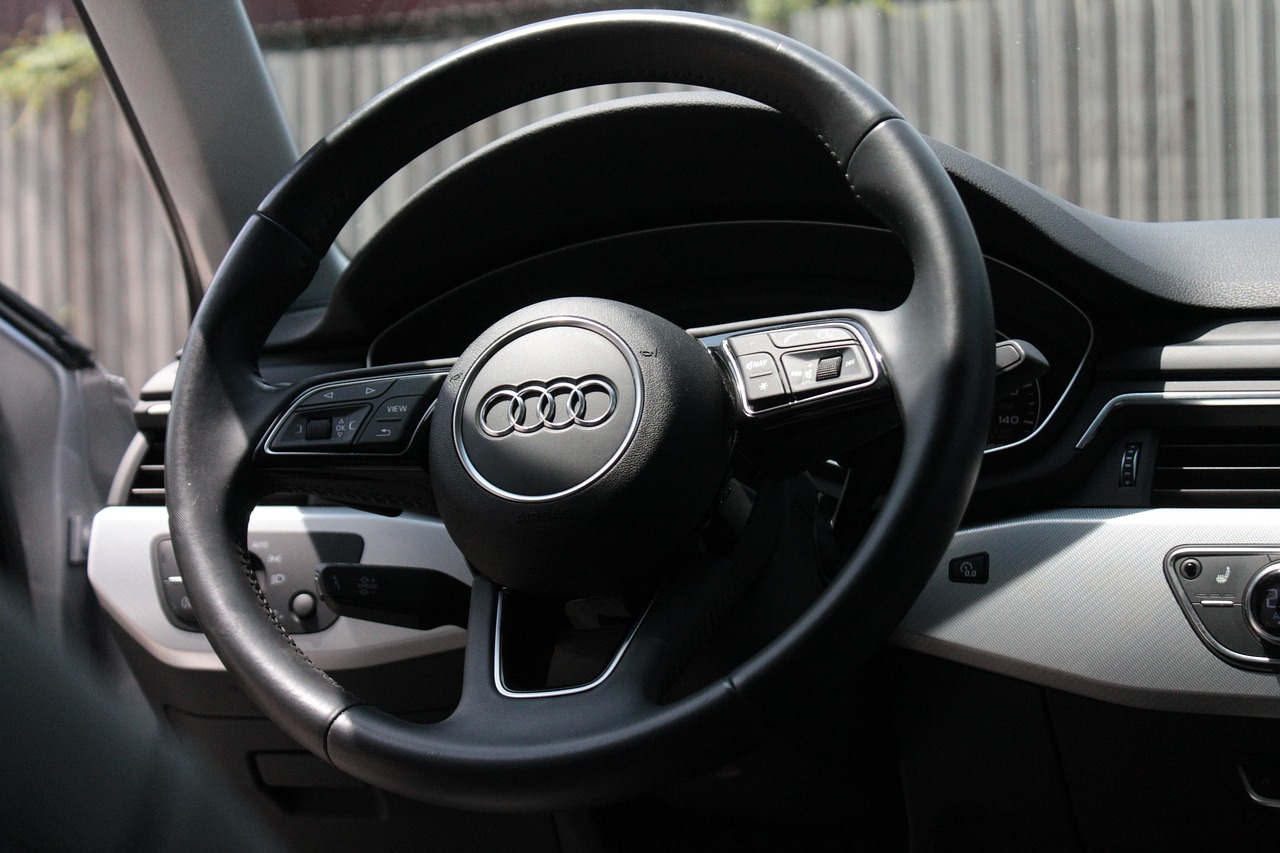The Future of Auto Insurance: Peer-to-Peer Models and Blockchain Verification
Traditional auto insurance models face several challenges in today’s dynamic landscape. One prominent issue is the lack of personalization in policies, leading to customers feeling overlooked and underserved. With standard one-size-fits-all packages, many individuals find themselves paying for coverage that doesn’t align with their actual driving habits or needs.
Moreover, the cumbersome and time-consuming claims process often frustrates policyholders. Submitting a claim, waiting for it to be reviewed, and finally receiving a settlement can be a lengthy process that leaves clients dissatisfied. This inefficiency not only tarnishes the customer experience but also increases operational costs for insurance companies.
Advantages of Peer-to-Peer Insurance
Peer-to-peer insurance offers a unique approach to traditional insurance models by allowing individuals to pool resources and cover each other’s risks. This decentralized system promotes a sense of community and trust among participants, fostering a more transparent and personalized insurance experience. Members can benefit from lower premiums, as the absence of intermediaries reduces administrative costs, resulting in more cost-effective coverage options tailored to their specific needs.
Additionally, peer-to-peer insurance enables a more efficient claims process by leveraging the collective wisdom of the community. With policyholders actively involved in risk assessment and decision-making, there is a greater emphasis on fairness and accountability in handling claims. This collaborative approach not only streamlines the claims process but also helps prevent fraud and promotes a culture of mutual support and responsibility within the insurance network.
How Blockchain Technology is Revolutionizing Insurance Verification
Blockchain technology is quickly gaining momentum in the insurance industry for its ability to revolutionize the verification process. By leveraging blockchain’s distributed ledger, insurers can securely store and access policy information in a tamper-proof manner. This eliminates the need for manual verification processes, reducing the risk of errors and fraud while enhancing efficiency.
Moreover, blockchain enables instant verification of insurance coverage through smart contracts, which automatically execute and enforce the terms of an insurance policy once predefined conditions are met. This not only streamlines the verification process but also provides a level of transparency and trust that traditional systems often lack. With blockchain technology, insurance verification is becoming more reliable, instantaneous, and cost-effective, benefiting both insurers and policyholders alike.





